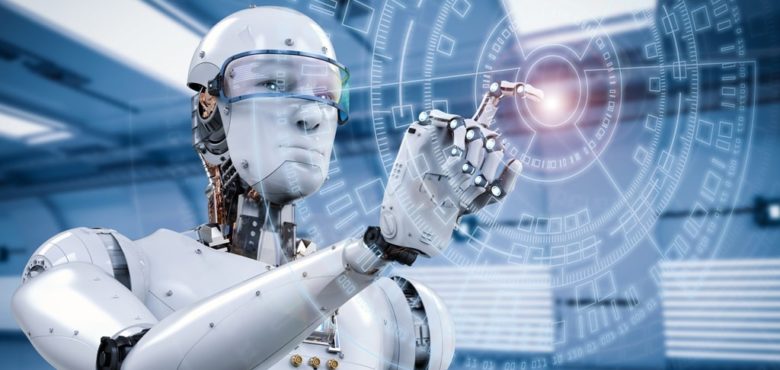Category:

- July 3, 2019
Three Predictions on How Automation Will Affect Your Work in the 2020s
We all know that automation is coming. It’s been as clear as day since Boston Dynamics showed off its humanoid robot doing backflips last year. If a robot can do backflips, it can pack your shopping, collect deliveries out of the back of a truck and, perhaps, even drive a car. It’s even moving into the document and data sphere, with automation tools such as Conexiom making a huge difference to the way in which data and documents are transferred and moved. If you can ensure that you are investing in the right automation tools your business won’t be left behind.
The technology is proven. But we’re still a few years out from full-scale implementation. Automation is on the horizon, but we’ve got a few years of breathing space to figure out exactly how we’re going to run and manage businesses in a world where robots do most of the heavy lifting.
Recently, many of the top consulting and accounting firms in the world have begun investigating how the automation phenomenon is going to impact businesses in the private sector. PwC, McKinsey, and Deloitte have all published major reports on the matter in conjunction with leading academics. Suffice to say; many believe that automation is coming and it’s going to change the job market in profound ways. It’s not being talked about much, but the 2020s look set to be the most disruptive decade in human history. We’re on the precipice of something truly monumental.
The question, however, is what the future of business will look like in this automated future. How will things pan out? The following are a set of predictions. All the usual caveats, therefore, apply. (The future is subject to change).
Prediction #1: Robots Will Replace Tasks in Your Business, Not People
The media likes to hype up the idea that robots will replace jobs, but the truth is that this is unlikely in the majority of professions. Robots are great at doing repetitive stuff, or things that you can describe as a maximization problem, but they’re not particularly good at reacting to new information or using their common sense. You can imagine a profitable Google Ads automation solution, but a profitable robot entrepreneur seems a lot less likely. So, in essence, we’re going to see more tasks in the economy falling to robots, and people doing more of the stuff that they’re good at.
Prediction #2: Robots Will Create New Job Opportunities
Robots will have the effect of freeing up your staff. Smart software and physical machines imbued with intelligence will take over many of the annoying things that you currently have to pay people to do in your firm. Banks already did this, moving to relationship banking after the automated teller machines arrived in the 1970s. You’ll probably have similar opportunities over the coming years.
Prediction #3: Robots Will Become Collaborators
Automation isn’t all or nothing: there are degrees of automation along the way. One popular trend right now is robot collaboration: people and robots working together to achieve a task. We already see this in hospital radiology departments, but it’s likely to spread into all kinds of areas, where humans and machines can benefit each other. Who knows, we could even end up with writing aids that help you finish a sentence quickly.

